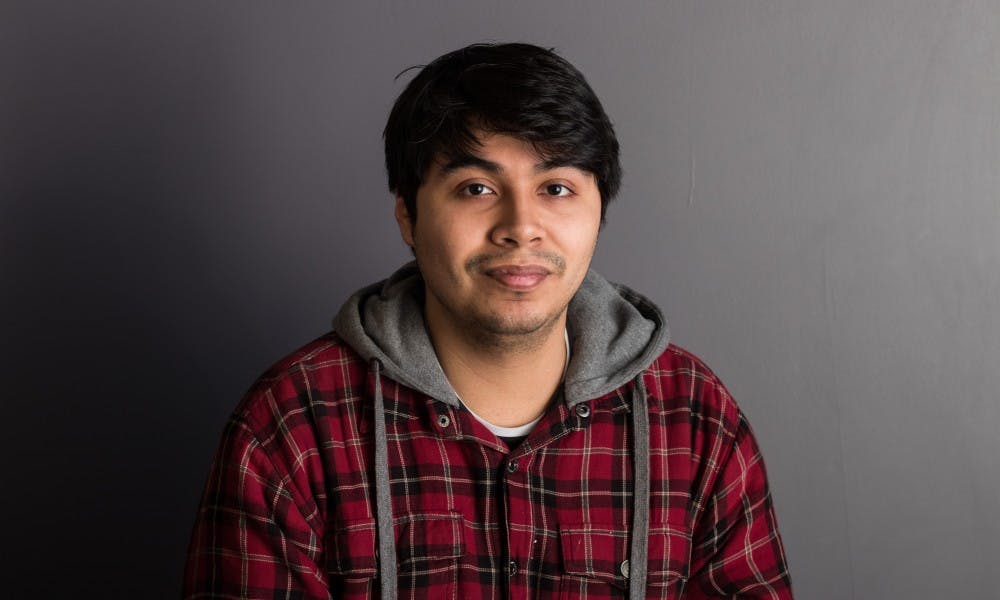I am a first-generation Mexican-American college student.
Being born in the United States has always made it a challenge for me to navigate my identity. I was born and raised in Southwest Detroit — Mexicantown — a unique area that allowed me to be proud of my cultural upbringing, but also to express myself and live the life of an average American.
I knew a dual life would be tough. But I never realized how truly exhausting my bicultural background would be until I was accepted into Michigan State.
I have always noticed being a first-generation student, particularly as a Mexican-American, places me and others in a separate spectrum. I am from the United States, so I have no issue navigating the American way of life. But I feel I can never be considered a true American.
Yet to my Mexican-born counterparts, I am considered American. My parents raised me to be proud of my Mexican roots, yet made sure I learned the customs of the United States — primarily the English language.
Coming to MSU, I was shocked — shocked to see the representation I was so used to in Detroit wasn't present. I was hit with the hard reality that I didn't fully connect with the MSU student population, nor the Latinx population I was said to belong to within MSU.
In my first year at MSU, I found myself at crossroads. I struggled to identify who I was.
The classroom setting didn't make the experience any better. Icebreakers to get acquainted with classmates always led to a rating of how Latino or American I was.
"You're Latino?" "Where are you from? But like, where are you from?" "Your English is great. You don't sound Latino."
These questions became a regular occurrence throughout my time here.
Feeling homesick, I made it a priority to find a Latino student organization on campus that would make me feel at ease. Fortunately I did, but to my surprise I was met with obstacles in this pursuit as well.
I can speak and write in Spanish, but through the years I noticed my mastery being diluted, as English is what I primarily use. My Spanish is not perfect and littered with mispronunciations.
Finding the Latino student organization felt like home initially, however I struggled to communicate and connect at times. I found myself a stranger in both of my "home" communities and asked myself — am I Mexican or American?
I realized that having this bicultural background was — and still is — stressful in my everyday life.
If I don't speak English perfectly I am quickly jumped on, but if my Spanish isn't also spoken perfectly, I am met with the same outcome.
Traditional American food such as hamburgers and pizza are too bland, but whenever I eat Mexican food my stomach doesn't always receive it well.
I have to know about artists such as Vicente Fernández and Rocío Dúrcal, while also being perfectly aware of Blink-182 and Taylor Swift.
I grew up with so many traditions and customs that were passed down from generation to generation, only to be considered not one or the either.
Currently, being Mexican-American comes with its set of stigmas. However, being a journalism student, I find myself with a unique view and unique opportunities. I feel a sense or moral obligation to bring to light issues that otherwise wouldn't be considered.
While I continue to attend MSU, I've come to the realization that although my bicultural background comes with its set of negatives, it also comes with its advantages.
Support student media!
Please consider donating to The State News and help fund the future of journalism.
I am living and experiencing stories that I don’t see represented in the media, and although at times I feel like a fish out of water, I have learned to better handle the situations in which I do not feel comfortable.
I understand and appreciate now that my perspective that is different. I'm doing my best to make that perspective visible.
Discussion
Share and discuss “Column: Juggling two identities at MSU is stressful” on social media.







